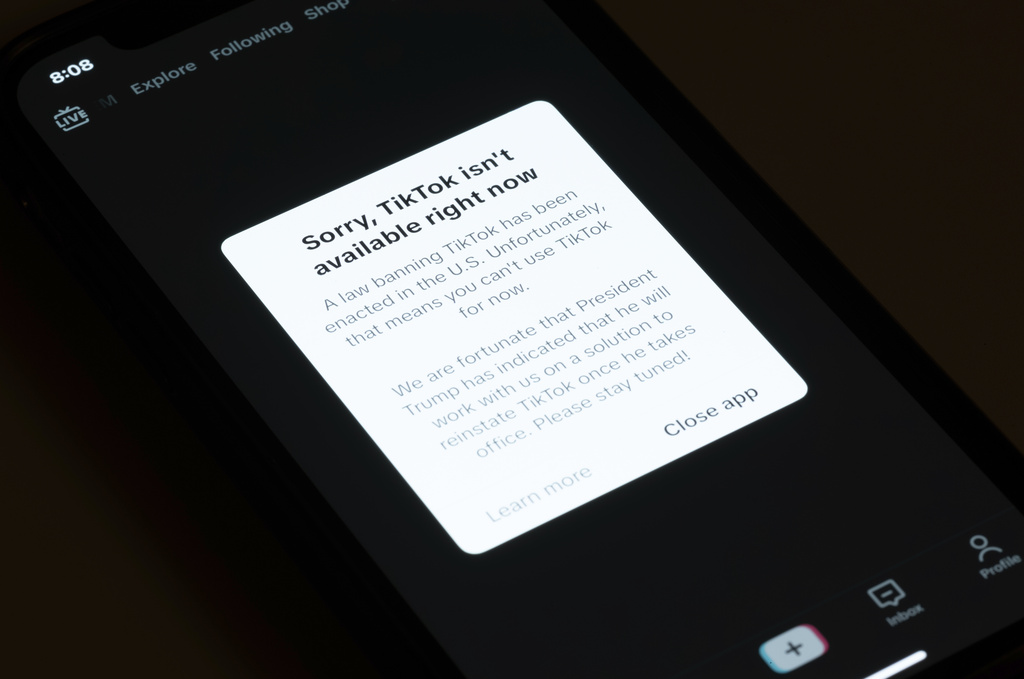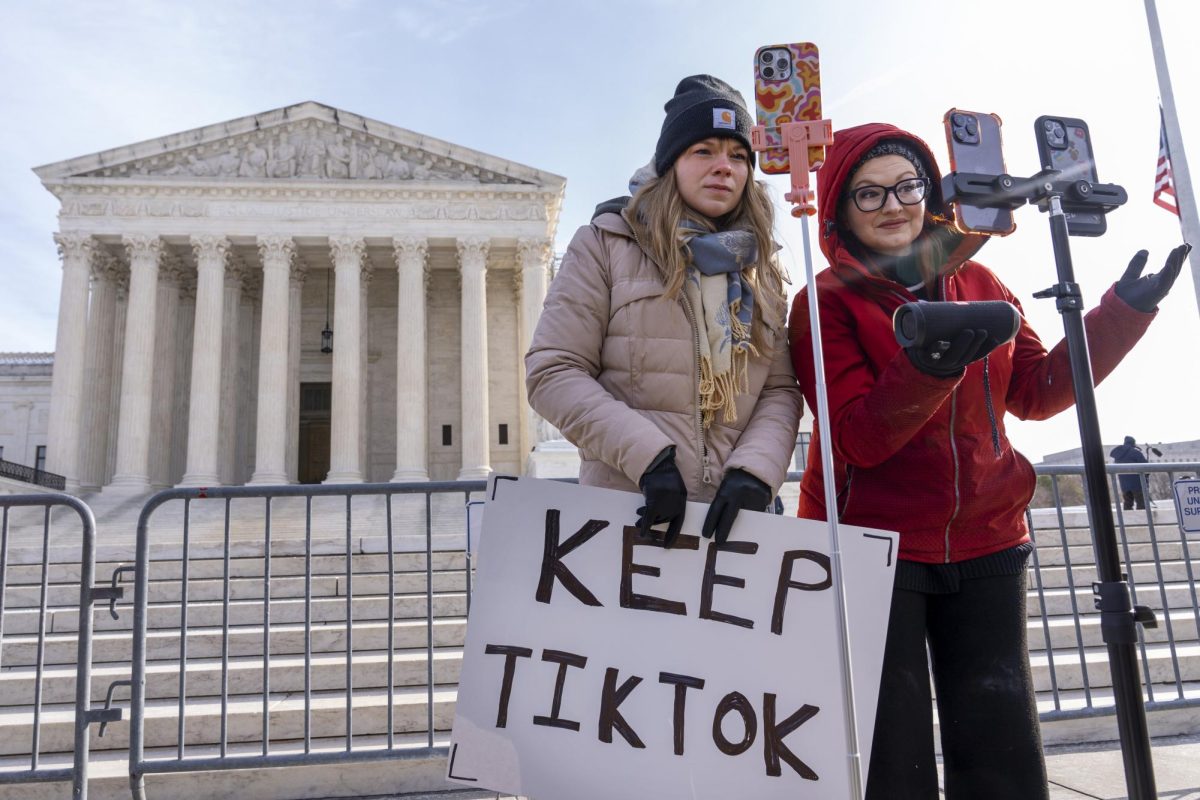For years, college students and universities have been the target of common spam and phishing emails, which universities warn their students and faculty about.
UNF sent out an Osprey update on Tuesday, April 16 addressing internal issues with scam and phishing emails which target users at the university with fake alerts and emails asking users to click and provide personal information. You can read spinnaker’s article about the initial alert here.
But these emails don’t just come in the form of fake alerts. They also come in the form of job opportunities which target desperate college students in search of jobs. According to Agari, when a student shows interests in what the scammer is offering they are informed that they must first purchase certain supplies or software before the job can begin, and the students unknowingly send checks to the scammers that aren’t good.
So, why are universities and their students and faculty in the line of fire?
According to TechGenix, when universities are targeted with phishing attacks, the motivation is usually not financial. Instead, the motivation is academic as “the treasure trove of research findings at top universities can be just as valuable and easily accessed,” meaning it’s not just about the money but about the research and potentially valuable results produced by universities.
Among the universities targeted the most by phishing emails are the University of Washington, Cornell University, and the University of Iowa.
TechGenix says a way to avoid the phishing attacks is to watch out for anything slightly “off” about links and the pages they lead to. Students and faculty should know the proper URL when logging into their college’s homepage and how to detect any odd errors on the page.
__
For more information or news tips, or if you see an error in this story or have any compliments or concerns, contact editor@unfspinnaker.com.
















